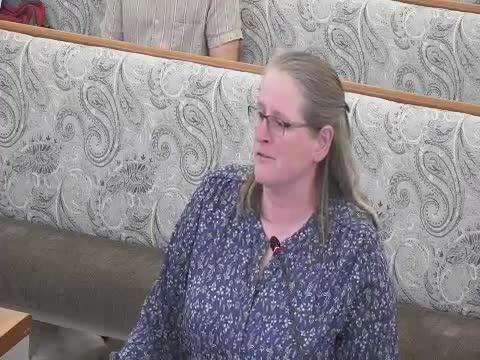Article not found
This article is no longer available. But don't worry—we've gathered other articles that discuss the same topic.
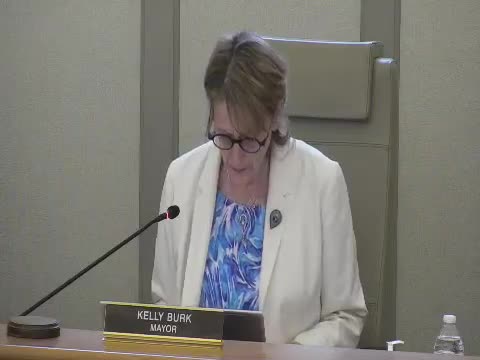
Votes at a glance: Leesburg council actions on May 27 — proclamations, fee waiver, budget items and more
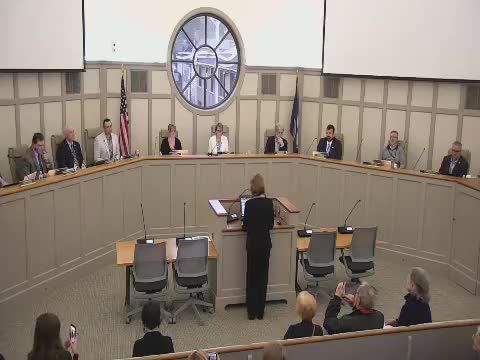
Heritage High students urge Leesburg council to endorse campaign-finance reforms; council agrees to workshop
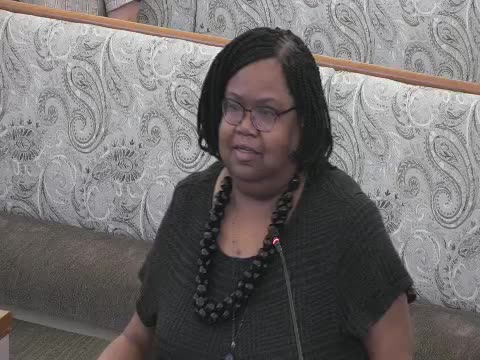
Leesburg renews customer-assistance agreement with Loudoun Cares; 10 residents received aid in first year
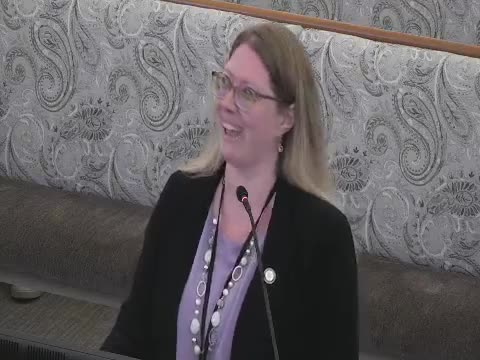
Leesburg council approves Q3 budget amendments after staff details grants, annexation revenue and reimbursements
